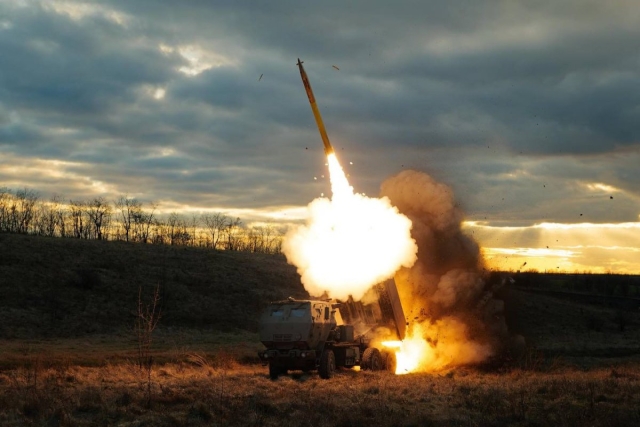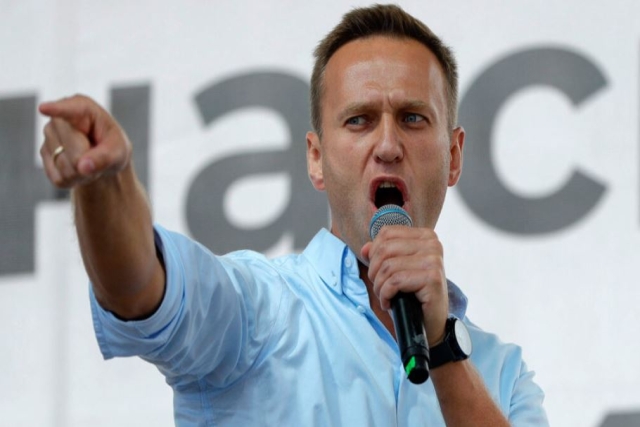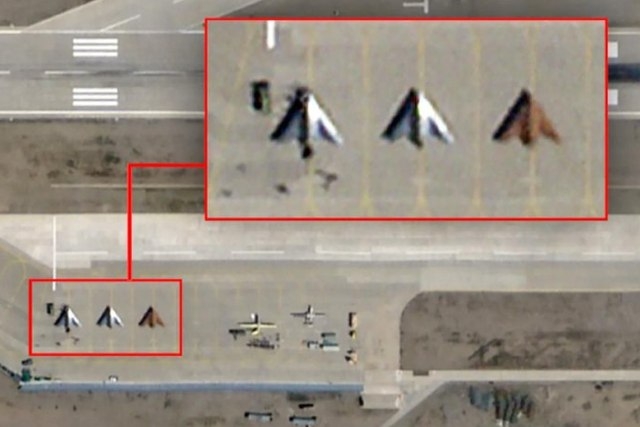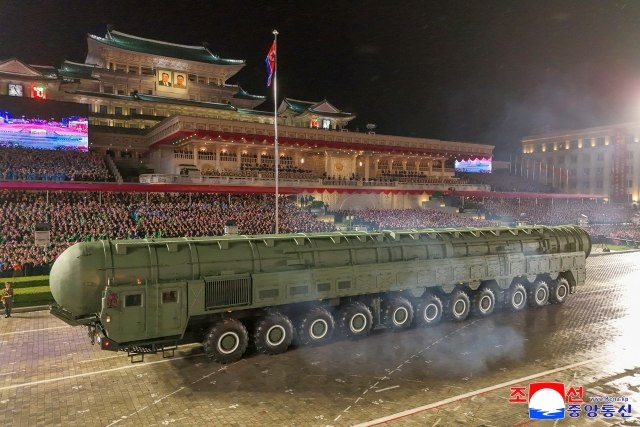Biden Administration Unleashes Largest Round of Sanctions on Russia Since Ukraine Invasion
U.S. and allied sanctions, aimed at isolating Russia from the West, are effective, compelling Russia to adapt and explore new markets in China, India, and Iran: U.S. official
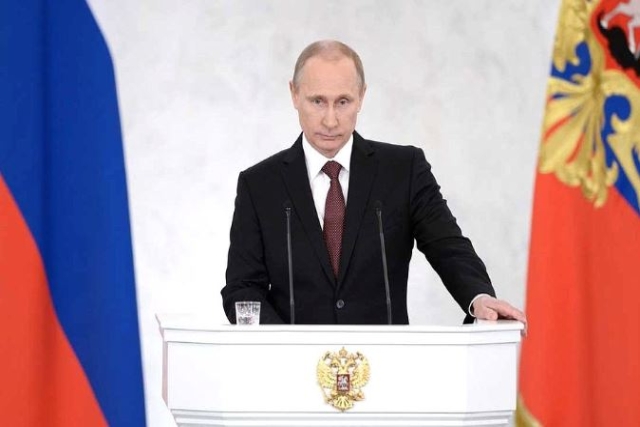
The Biden administration has imposed over 600 sanctions and penalties on Russia and its military industry, marking the most extensive round of sanctions since the invasion of Ukraine two years ago.
The move aims to increase pressure on Russian President Vladimir Putin, particularly in response to the sudden death of Russian opposition leader Alexey Navalny last week.
The sanctions, announced on Friday, include State Department penalties on three Russian officials linked to Navalny's death. Additionally, the State and Treasury Departments have imposed sanctions on 500 entities associated with Russia's war efforts. Another 90 companies have been added to the Commerce Department's "entity list," limiting their business activities in the U.S.
President Biden, who met with Navalny's wife and daughter in California on Thursday, emphasized the continuation of Navalny's legacy and pledged to ensure that Putin faces consequences for both foreign aggression and domestic repression. The sanctions cover a broad spectrum, targeting top Russian companies such as Mechel and JSC SUEK, as well as the Central Bank of Russia's national payment processing system, MIR.
Wally Adeyemo, Deputy Treasury Secretary, stated that the sanctions aim to impede Russia's military-industrial complex by restricting access to key components like semiconductors and machine tools.
The United States collaborated with the United Kingdom and the European Union in issuing these sanctions, which do not target Russian sovereign assets or the crucial Russian fertilizer market.
The death of Navalny, a vocal critic of the war in Ukraine, has added fuel to the ongoing conflict now entering its third year. Amidst divisions in Washington regarding further aid to Ukraine, the Biden administration emphasizes the importance of supporting Ukraine through bipartisan national security measures.
The latest sanctions join a series of economic measures imposed on Russia since the commencement of the war, including restricting Russian banks and freezing assets. The European Union also agreed earlier this week to impose additional Ukraine-related sanctions on about 200 entities and individuals involved in supporting Russia's military efforts and kidnapping Ukrainian children.
Despite these efforts, Russia's economy is predicted to grow by 2.6% in 2024, according to the International Monetary Fund. Sanctions targeting the energy sector have faced challenges, with circumvention tactics enabling Russia to maintain oil revenues. National security lawyer Christopher Swift acknowledged the adaptability of Russia in seeking alternative markets in China, India, and Iran.
Responding to questions on the effectiveness of sanctions, White House press secretary Karine Jean-Pierre affirmed that they will continue to impose costs on Russia, making it harder for them to sustain the conflict in Ukraine. She highlighted Russia's turn to countries like Iran and North Korea for arms and ammunition, indicating the impact of the imposed sanctions.
